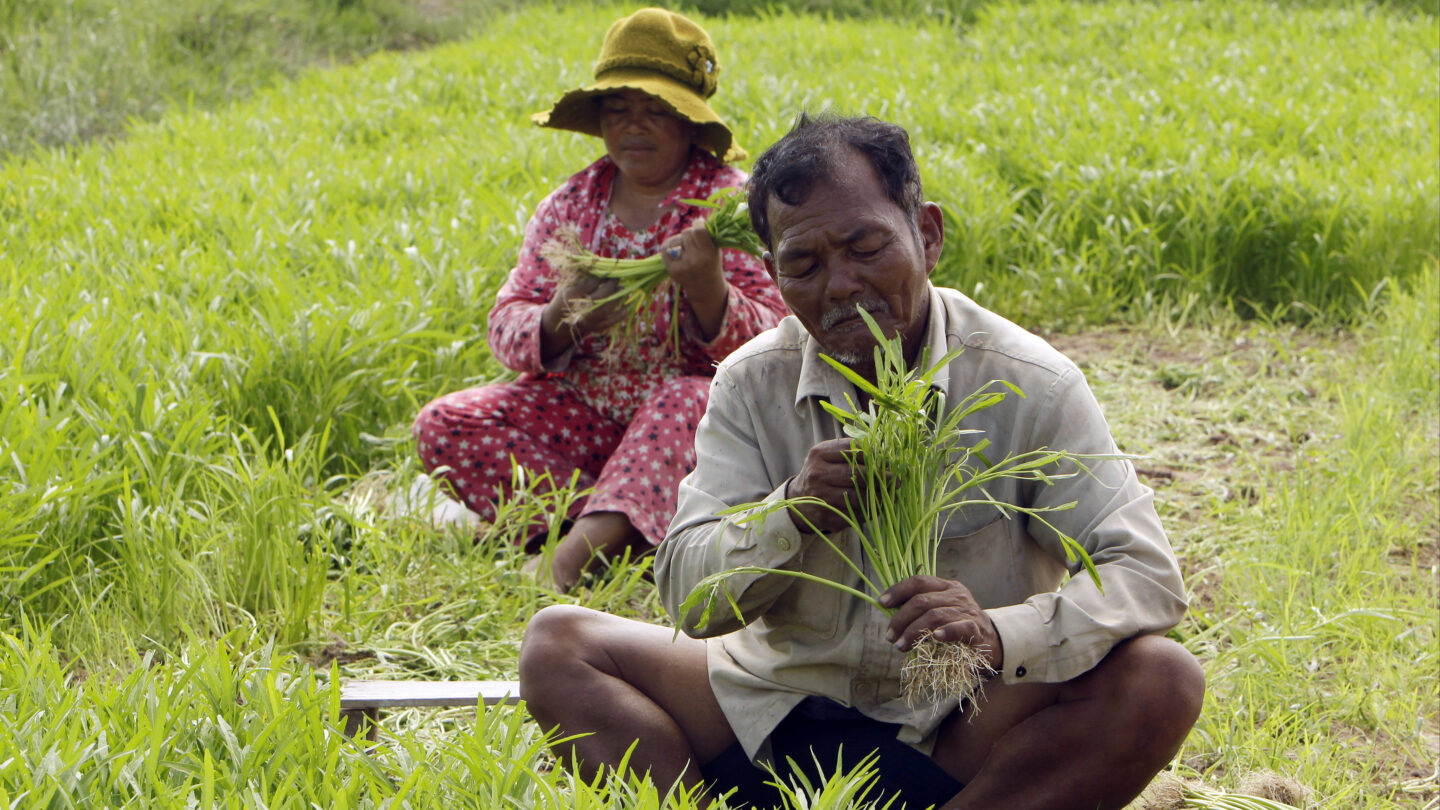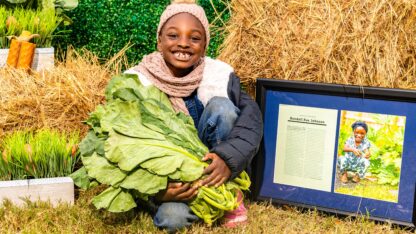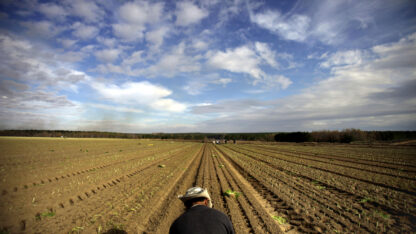When Ben Vo opened the grocery chain City Farmer’s Market in 2015, his goal was to create a destination for international ingredients.
The store sold meat, seafood and vegetables from countries around the world, but he said customers kept asking for one thing: water spinach, a staple vegetable across many Asian cuisines that was illegal in the state for decades.
And that demand grew more palpable over the years. One in every ten Georgians is an immigrant, and Asian people now make up more than 7% of metro Atlantans.
After years of petitions, attempted legislation and lobbying, the Georgia Department of Agriculture approved water spinach for sale starting this month. Regulations for farming in the state could come later this year.
Water spinach is a long, leafy green with tender, hollow shoots that complements whatever it’s cooked in. It’s called ong choy in Cantonese, rau muong in Vietnam and kangkung in Malaysia and Indonesia.
It also can sprout from a fragment of a plant, spreads rapidly and can grow abundantly even when left alone.
So it’s federally regulated under the Plant Protection Act, which makes it illegal to import or transport the vegetable between states without a permit. Under Georgia code, it was considered a “plant pest.”
“They’re plants that we don’t want out into the wild because they could wreak havoc in waterways,” said Georgia Agriculture Commissioner Gary Black. To protect the state’s waterways and native plants, the Department of Agriculture is looking to states that have strict growing regulations with proven success to protect the environment.
Florida is one of those states. Farmers cultivate the plant safely there by growing it in greenhouses from propagated cuttings, not seeds, thorough cleaning of all equipment involved, and packaging everything on site in closed containers only.
But people have long found ways to smuggle water spinach into Georgia.
“We’ve seen people buying and selling it in the parking lot in their trunks, of course illegally, and some are growing illegally in Georgia as well,” Vo said. “The product’s being treated like marijuana, you know?”
At first, Vo’s customers put petitions in the stores hoping to get legislative action for water spinach.
“The community in 2012, 2013 and 2015 started some petitions through signups from the customers coming to the market, requesting certain modifications or amendments to the law,” Vo said.
It finally worked.
Over the decade where customers were attempting petitions, Georgia’s Asian population grew by 52%. What’s also gone up is the demand for Asian food, said Kathy Kuzava. As president of the Georgia Food Industry Association, she’s been an early advocate for the plant to be grown and sold in Georgia. She says as more immigrants came to the state, the grocery needs of communities changed.
“If you think about it, if southerners weren’t allowed to drink sweet tea, or our Hispanic community was not allowed to purchase tortillas? To the Vietnamese community and Southeast Asian community, water spinach is a very important component to their diet.”










